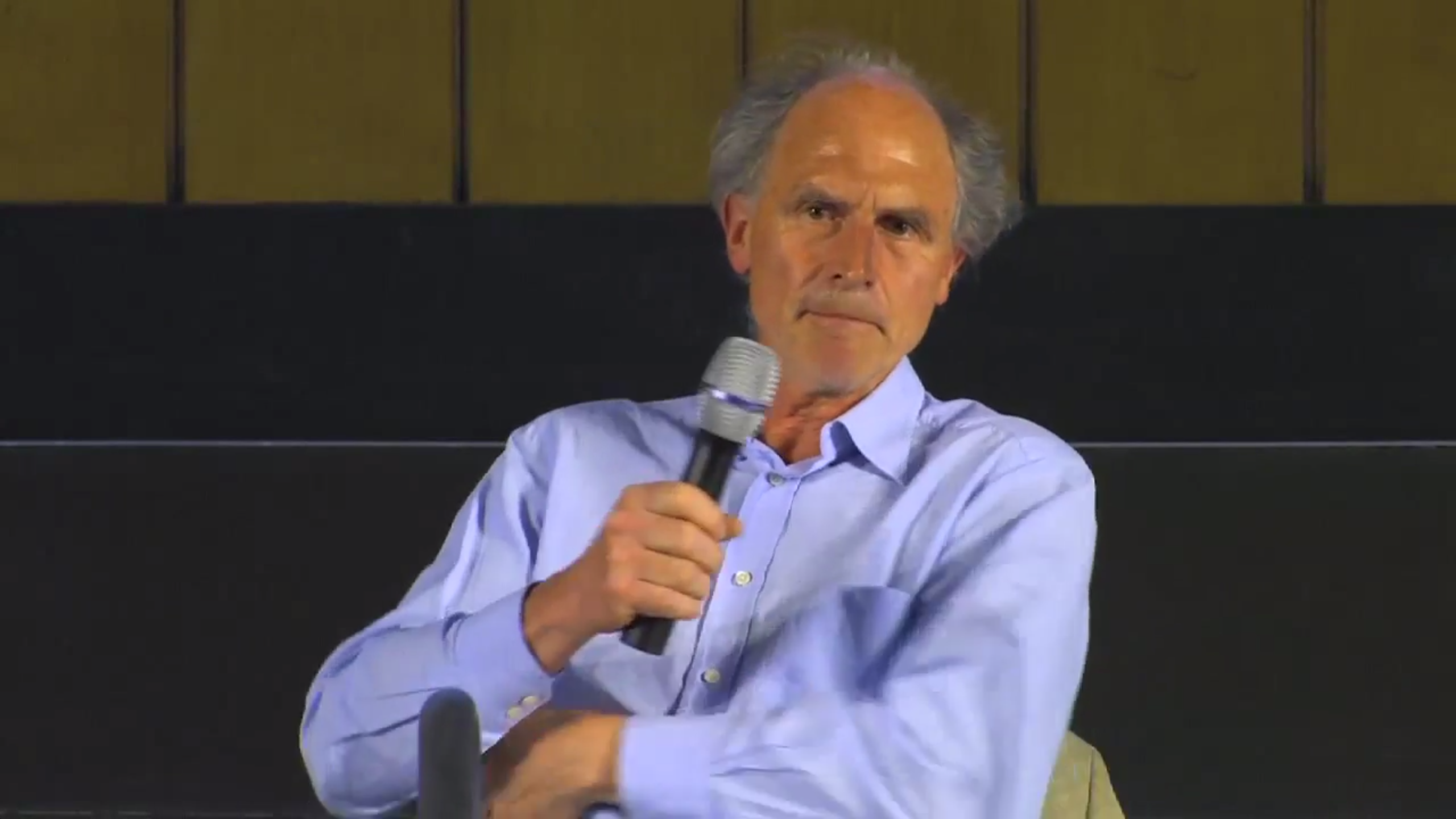A German journalist who lives in a Highland village has defended himself after appearing to compare the SNP to the Nazis.
Reiner Luyken, who is based on the west coast and writes for the respected Die Zeit newspaper, was criticised after writing an article which described the SNP’s ideology as “modern national socialism light”.
The Nazis name was derived from their full title – the National Socialist German Workers Party.
In a post-election article titled “Scottish liberalism is dead”, he said that a majority of Scots had “flung themselves into the arms of a party the ideology of which is modern national socialism light. Populism, egalitarian, anti-elitist and glorifying the moral superiority of one’s own nation”.
The comparison has been criticised by the SNP as “ridiculous”.
Mr Luyken, who is 64 and married to a Scot, insisted he was referring to specific aspects of “national socialism”, but not the atrocities carried out by Adolf Hitler’s party.
He said: “The National Socialist Party in Germany was a national socialist party, there’s no doubt about it.
“If you take away what people think about the Nazis – people think about concentration camps and killing Jews – there were various wings in the party.
“In SNP ideology, Scottish people are morally superior to the English, et cetera.”
Asked if he was comparing the SNP to Nazis, he said: “If you take it out, yes, but not in the sense of killing Jews. You have to have an understanding of the ideology.”
A spokeswoman for the SNP said: “These claims are obviously ridiculous and offensive to the 1.45 million people who voted SNP less than a fortnight ago.”
